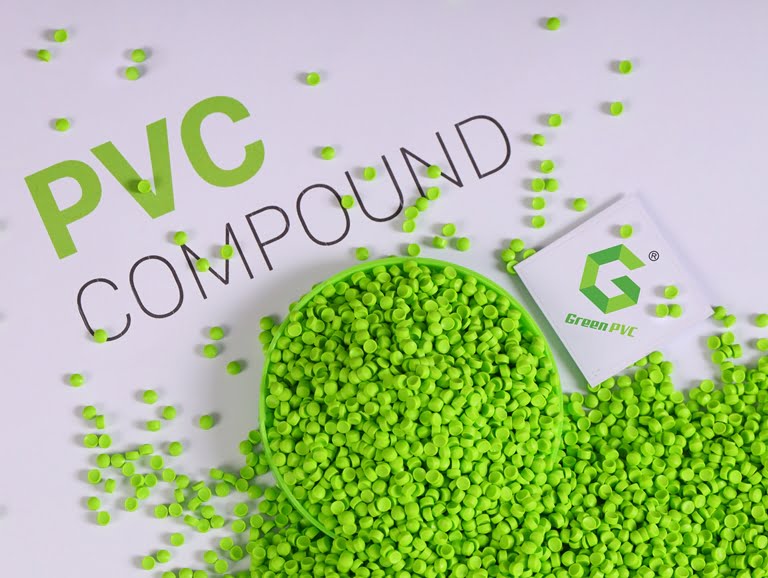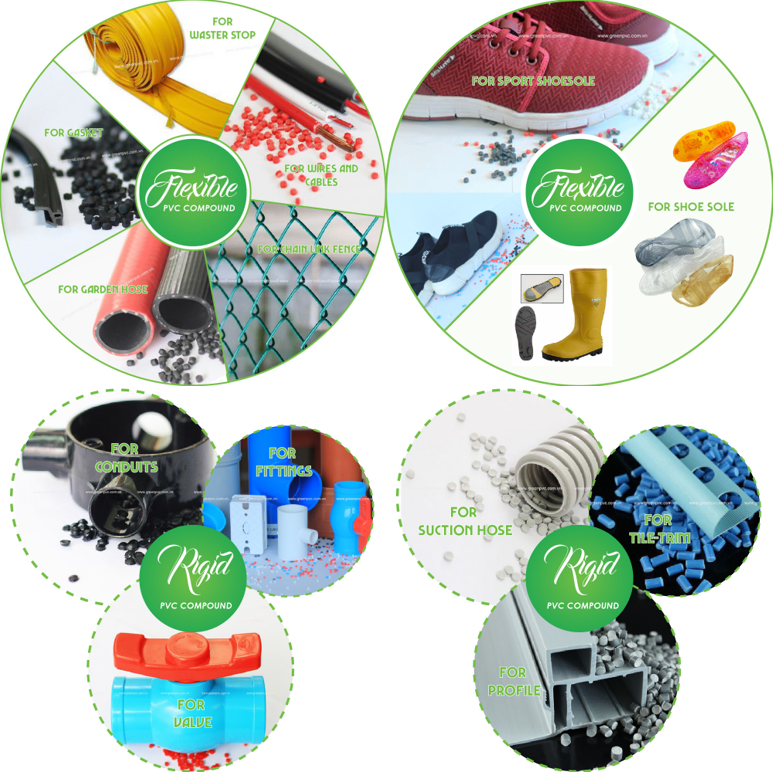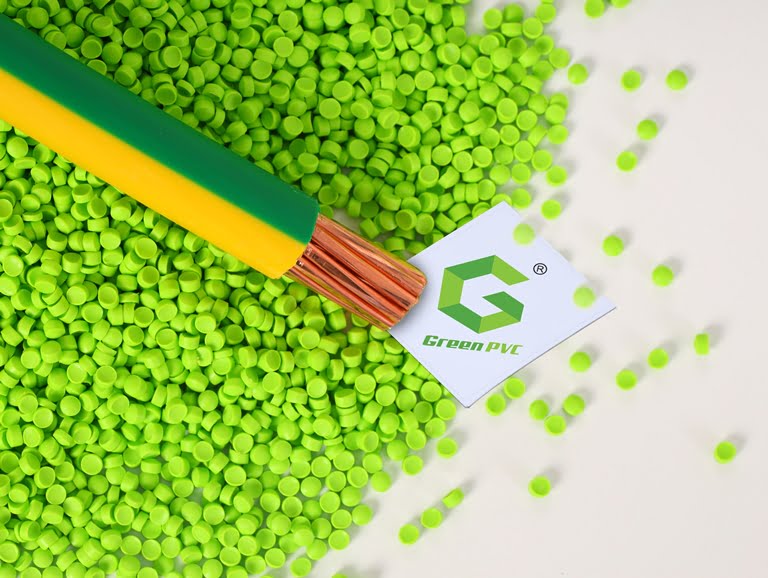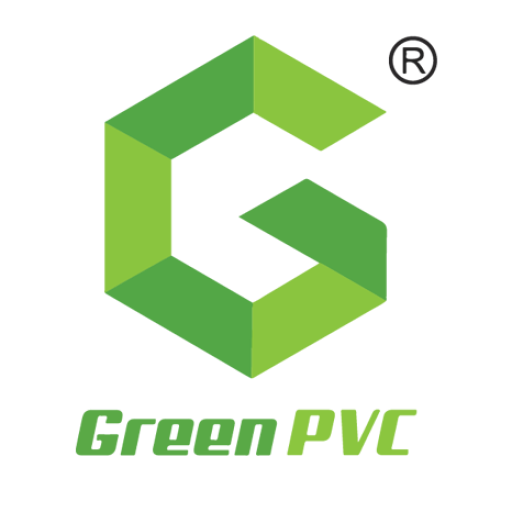A variety of these special additives are combined with the original polymer base before PVC can be made into a specific product. The 2 main types of the product are rigid and flexible PVC compounds.
What is PVC Compound?
Compound consisting of two or more elements chemically bonded together. Polyvinyl chloride, or PVC, is becoming the third most popular polymer in the world, behind only polyethylene and polypropylene in high amounts of use. A highly versatile and cost-effective material, it has distinguished itself internationally as a durable. And proven synthetic material utilizing the range that is the widest of applications of any plastic.
Read more: Four changes that PVC Compound has evolved over the years

But how do you know about the way that PVC resin transform to vinyl compounds?
Many of these special additives combine with the original polymer base to create a compound that goes into the production of the end product. These additives can consist of lubricants, stabilizers, fillers, pigments, and other people. Selected ingredients combine with the polymer in a process known as blending or melting. The 2 main types of the product are rigid and flexible PVC compounds.

The difference between flexible and rigid PVC compounds is rather straightforward
Rigid PVC compounds sometimes listed as rPVC or uPVC (unplasticized) – have high hardness, excellent mechanical properties, and high melt point. These work well in some applications, such as deck and rail or for pipe fittings, but there are other applications that call for a less rigid, more malleable material.
May you interest: Advantages Of Producing Injection Moulded Pipe Fittings
The introduction of flexible PVC compounds to meet performance requirements for many applications. These can be mentioned as medical pipes, electrical wiring, car body molds and garden hoses,… In addition, the customer’s machinability needs also dictate the different PVC compounds. Flexible PVC compounds contain plasticizers, softening agents which help give them “rubber-like” properties.
Market needs, scientific advancements, regulatory guidelines and raw material economics compel R&D technicians and formulation engineers to push the envelope, looking for more versatile and cost-effective materials to use in their custom compound formulations. Due to their inherent versatility, vinyl compounds have proven to be very cost-effective materials across many markets and applications.

| Nhat Huy Group is Vietnamese leading manufacturer and exporter of various products. Founded more than a decade ago, we have been doing business with customers from all over the world, spreading across five continents. Green PVC JSC is a PVC compound factory that belongs to Nhat Huy Group. Since its inception, the Board of Directors has oriented the company to develop in the direction of industrial production. Our factory are equipped with modern equipment, machines, and advanced production lines from all over the world. |
